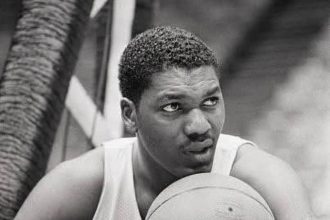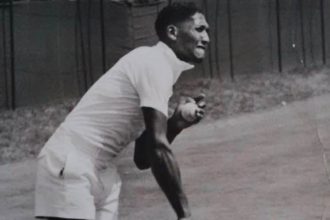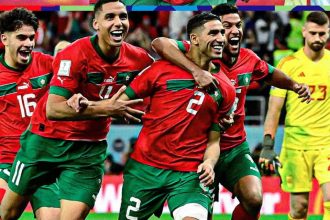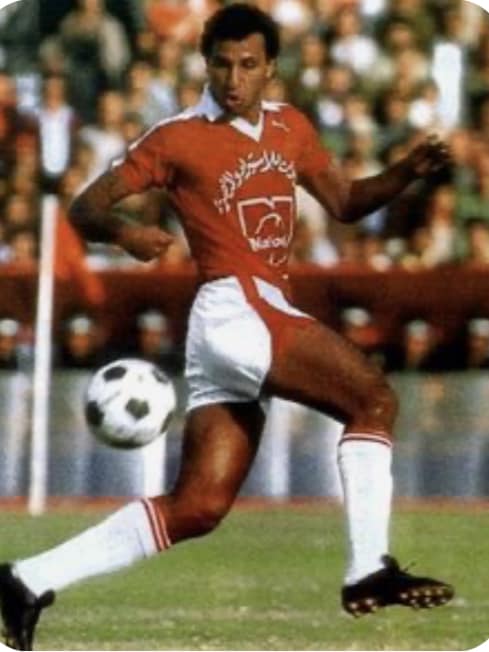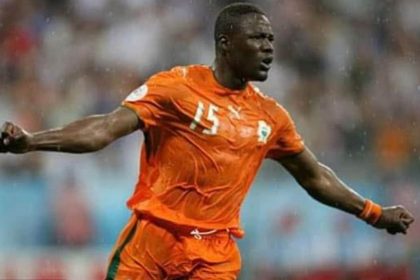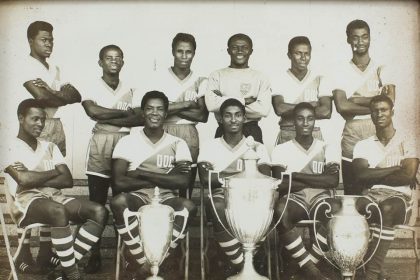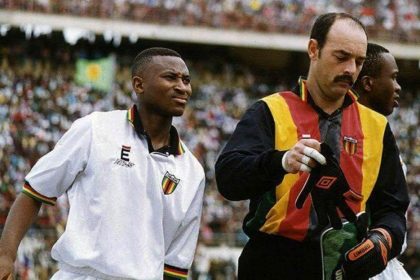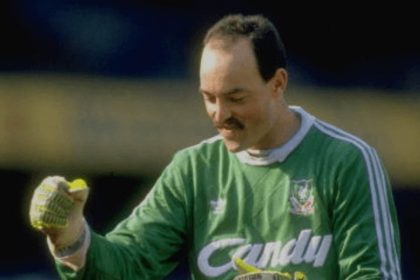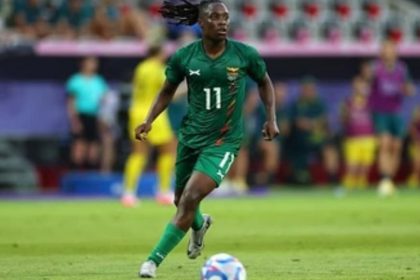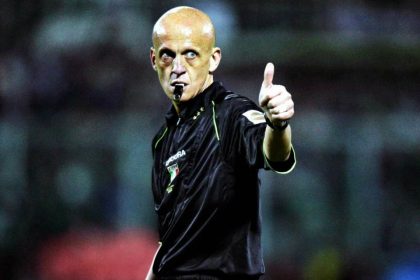The history of ancient Egypt dates back to about 10,000 BC when archaeologists suggest that the Sphinx was made, all down from this era through the Kemetian civilisation of circa 5,500 BC to the year 30 BC when Roman leader Octavius (who was then called Emperor Augustus) won the last Ptolemaic King, there was a recurring pattern of Egyptians inscribing the names of their Kings and heroes on stones in form of hieroglyphics.
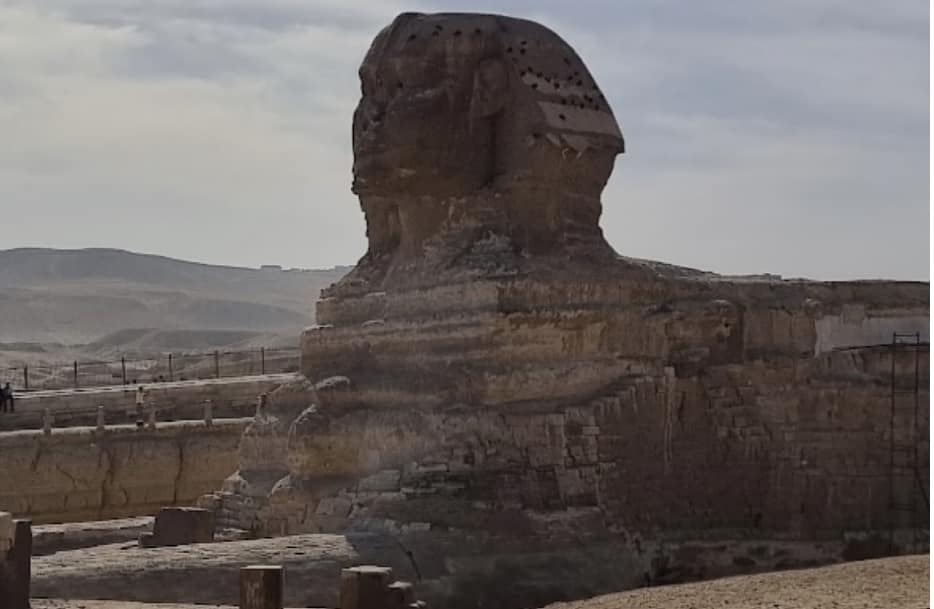
For instance the Nile Delta was founded by one of Egypt’s most celebrated dynasties and Ramses II the ruler of the 19th dynasty looms large in the records of the Egyptians because of his uncommon long reign and great exploits.
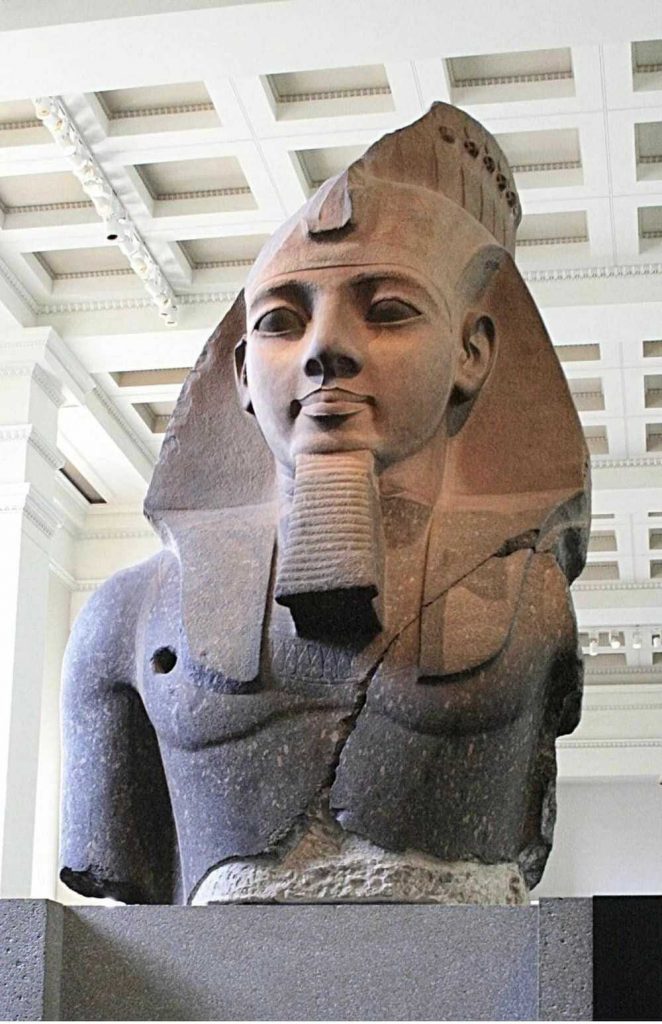
Modern Egypt dated back to 1922 is however now a Republic where ancient Kings’ records have been replaced by those of modern heroes and in football Mahmoud El-khatib’s unusual longevity and great exploits at the club level in Al-Ahly where he played his entire career and won ten Egyptian Premier Leagues, five Egypt Cups, two African Cup of Champions (1982, the first time in the history of Al-Ahly and 1987) and three African Cup Winners’ Cup (1984, 1985 and 1986) mirrors the long reign of Ramses II.
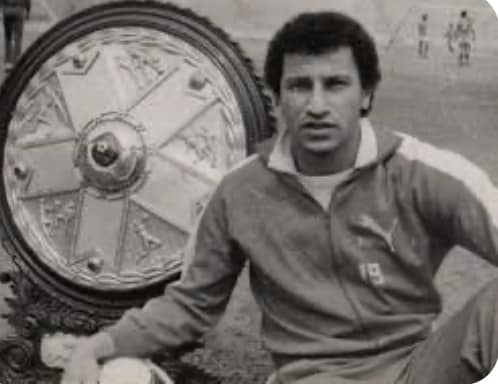
The Pharaohs have more than a few candidates for greatness. But Mahmoud El-Khatib, also known as “Bibo”, the greatly-loved, wins on popularity, despite being rivalled in terms of footballing prowess by the likes of Saleh Salim, El-Fanaguili and more recently Hossam Hassan and Mohammed Salah.
Mahmoud El-Khatib was born in Cairo in 1954. He started playing football in the dusty streets and he was spotted by by Nadi Al-Ahly scouts at the age of 16 in 1970. Known for his skill with the ball and offensive mindedness Bibo till date remains the all-time top scorer of African club competitions. A good striker of the ball with both head and feet, his extraordinary vision of the game took him to his first African cup of Nations in 1974, el-Khatib debuted for Egypt’s national team “the Pharaohs” against Costa Rica, the game that ended 4/1 for the Pharaohs.
After the 1967 Six-Day War and the suspension of sporting activity in Egypt, Al Ahly’s board headed by Ibrahim Kamel El-Wakil announced that the club will host the military training for the members volunteering in the Egyptian Army, as well as collecting donations in the name of the club to support the military.
An entire generation of football stars retired because of the war, like: Saleh Selim, Tariq Salim, Taha Ismail, Rifaat El-Fanagily, Adel Haikal and Mahmoud El-Gohary. Al-Ahly did not win the league for a very long time.
After years of poor runs, the club took the first steps in recovery when the management decided to sign Nándor Hidegkuti as head coach in September 1973, Hidegkuti introduced a new generation known as El Talamza (the students) including the inspirational Mahmoud El-Khatib. The league title returned to Al Ahly in 1974–75, with the team scoring 70 goals in 34 games. Al Ahly’s first participation in the African Champions League was in 1976. An unsuccessful start, the team got knocked out from the first round by MC Alger. El-Khatib scored the first continental goal for Al Ahly.
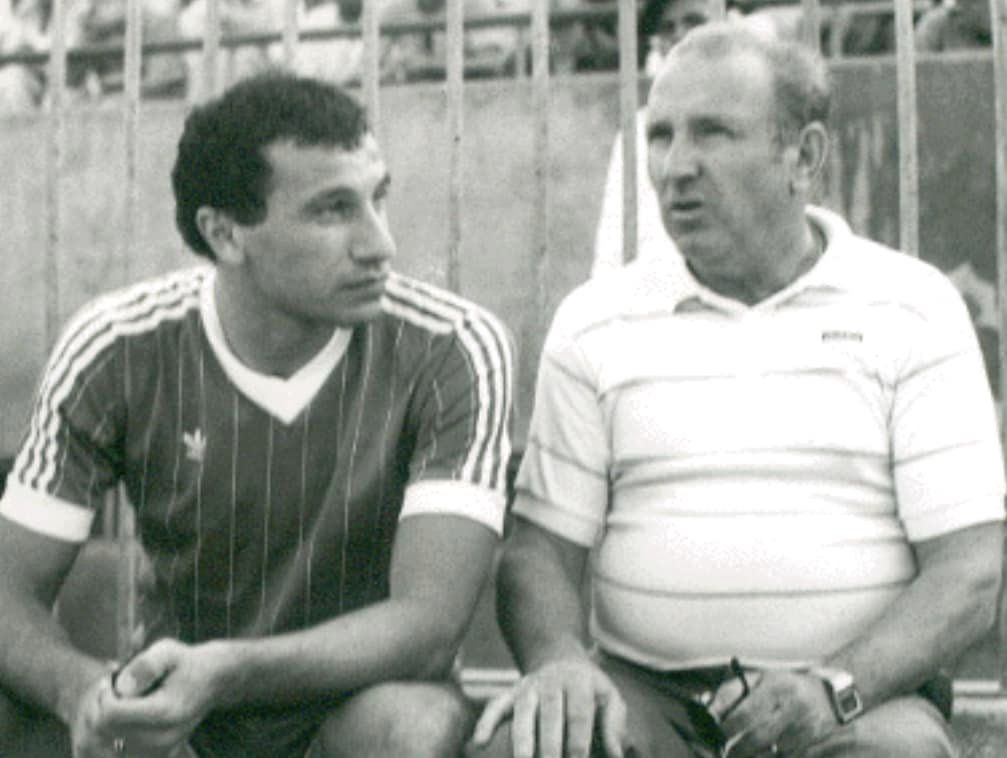
Throughout his 17-year career, El-Khatib scored 108 goals in 199 matches.
He made a record, which has not been broken so far, being the only player to score 37 goals in different continental championships.
He was awarded the FIFA Fair Play Prize, as he played 450 games in different competitions and was handed the yellow card just once.
He was also Al-Ahly’s top scorer for 8 seasons in a row since 1973 till 1981.
Al-Ahly Sporting club has won a record 10 CAF Champions League titles, the very first of this cup in the history of the club was won by El-khatib’s generation of the club; 1 CAF Confederation Cup, a record of 8 CAF Super Cups, a record of 4 African Cup Winners’ Cups, 1 Afro-Asian Club Championship, an Arab Club Champions Cup, an Arab Cup Winners’ Cup, a record of 2 Arab Super Cups, and has won 3 bronze medals in the FIFA Club World Cup. With 24 continental titles, Al Ahly is the most successful football club in Africa, and was voted by CAF as the African club of the 20th century.
He won Egyptian League top scorer two times, the first in 1977/1978 and the second 1980/1981, scoring 11 goals in each season.
He was also African Cup of Champions Clubs top goalscorer: 1982, 1983, 1987.
He is the only Egyptian to win the African Player of the Year, awarded in 1983 at the time by French magazine France Football.
He also led Egypt to the 1980 Olympic Games in Moscow and the 1984 Los Angeles Olympics games.
Egypt’s victory at home in 1986 AFCON crowned his career.
He played his last game on December 18, 1987 versus el-Hilal of Sudan in the then African Cup of Champions Clubs’ finals at the Cairo Stadium, a cup which Al-Ahly won the second time in their history then, Immediately after which he held a press conference in the presence of 80,000 spectators and crowd of local and international journalists to mark the end of an extraordinary football career thereby bowing out gloriously.
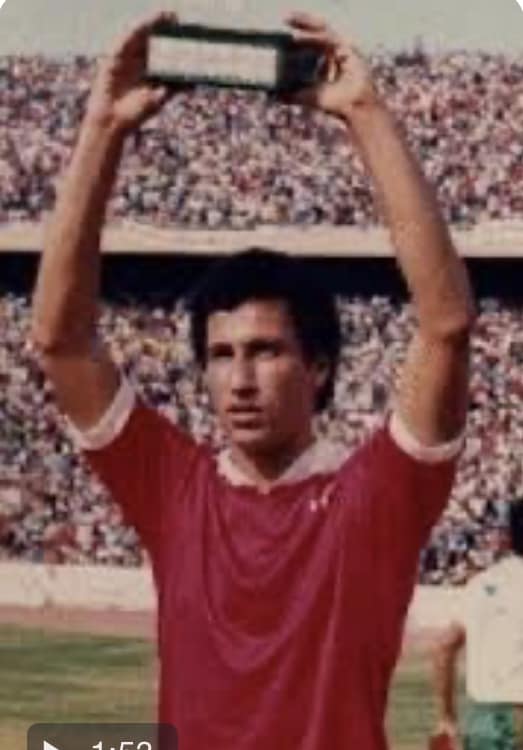
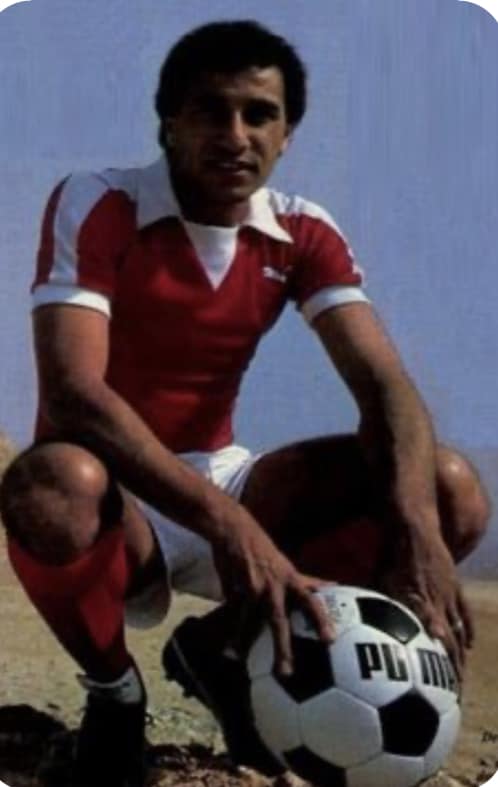
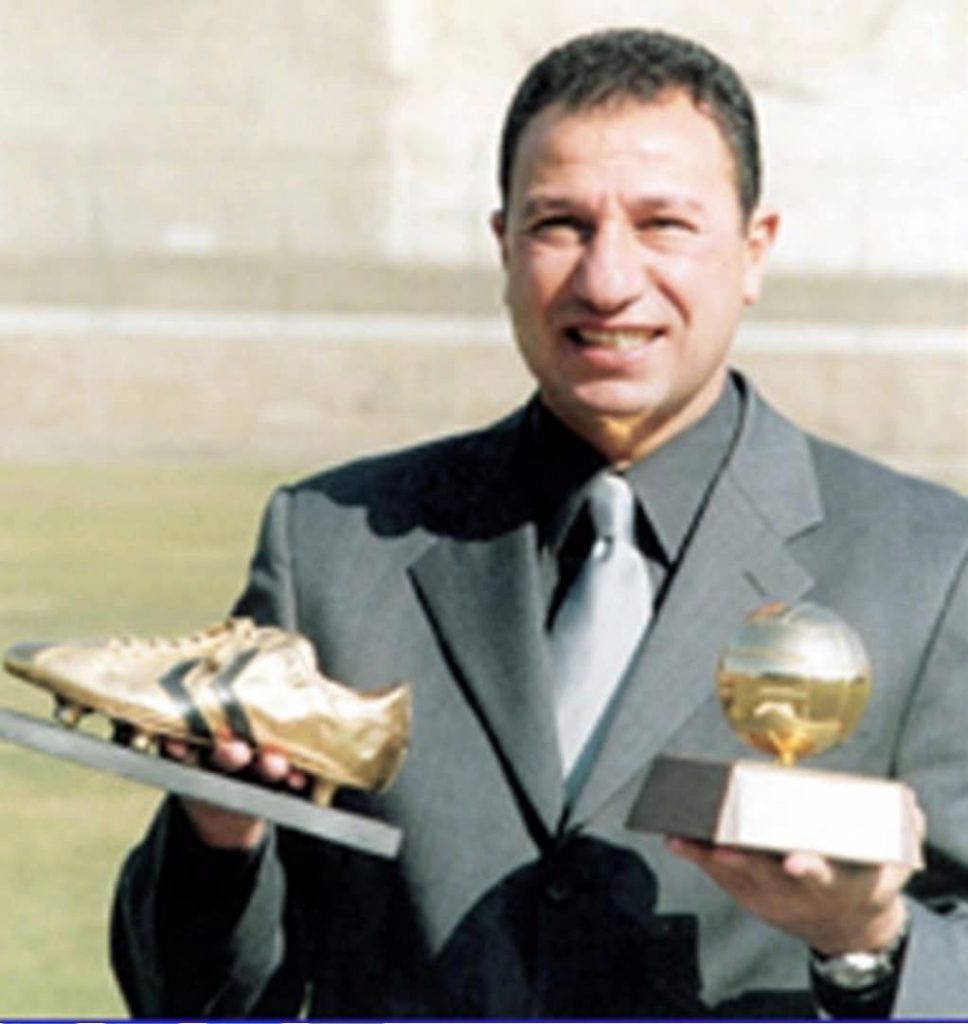
He then started his career as a board member of Al-Ahly Sporting Club before being elected as a chairman on December 1, 2017.
All hail the “Great ancestor”.
References:
John Ray. “Ramesses the Great”. BBC history. 16 October 2012.
“Nandor Hidegkuti”. The Independent. 26 March 2014.
Nassar, Galal. “Mahmoud El-Khatib: African player of the century” .weekly ahram. 31 October 2006.


